- The project was met with massive protests by Serbian environmentalists and citizens due to environmental issues

On January 20, 2022, Serbia time, Serbia withdrew Rio Tinto's lithium mine development project in the Jadar valley and revoked the company's lithium exploration license. Serbia's Prime Minister Ana Brnabic (Ana Brnabić) said on the same day that Serbia has completely stopped Rio Tinto's Jadar lithium project. All decisions and permits related to the lithium project have been revoked.
"We've met all the demands of the environmentalists' protest, and as far as the Jadar project is concerned, it's over," Brnabic said.
Rio Tinto said it was extremely concerned by Prime Minister Burnabic’s statement regarding the cancellation of space plans and permits related to the Jadar project. Rio Tinto said it had been working in accordance with the laws of the Republic of Serbia in advancing the Jadar project. "We are reviewing the legal basis for this decision and the implications for our activities and employees in Serbia."

In July 2021, Rio Tinto announced an investment of US$2.4 billion (approximately RMB 15.4 billion) to develop the Jadar lithium mine project. The project is expected to be constructed in 2022 and fully put into operation in 2029, mainly using battery-grade lithium carbonate as the product. According to the plan, the Jadar project is expected to achieve the first saleable production in 2026. When fully operational, the mine will produce about 58,000 tons of lithium carbonate, 160,000 tons of boric acid and 255,000 tons of sodium sulfate per year. Rio Tinto has said it will use the Jadar project to become Europe's largest source of lithium supply within the next 15 years. In addition, the Jadar project will also produce borates, which are used to make solar panels and wind turbines.
However, in November 2021, about 2,000 protesters held a rally in Belgrade, the capital of Serbia, due to local environmental groups and the public's concerns that lithium mining would damage the environment. Protesters oppose government cooperation with multinational investors. They argue that prospecting for ore will further increase pollution and have threatened to block major highways across the country.
On January 18, 2022, Rio Tinto delayed the production of the first saleable products from the Jadar lithium project to 2027, due to issues including key approval delays and environmental protests. Affected by the news of the death of the lithium mine project, on January 21, Rio Tinto's share price fell 4.14% in the Australian market; on January 20, it fell 2.26% in the US market.
The fundamentals of the current battery and lithium carbonate market are strong. Rio Tinto predicts that the demand for lithium will increase by 25-35% annually in the next decade, and there may be a significant supply and demand gap in the next 5-10 years.
The latest data from the International Energy Agency also shows that by 2030, there will be a global demand gap of about 50% of lithium demand only by existing and under-construction lithium production projects. Under the expectation of tight supply and demand of lithium ore, Rio Tinto is currently deploying lithium ore resources.
In addition to the Jadar project, Rio Tinto also acquired the Rincon lithium project of Argentina’s Rincon Mining Company for US$825 million (approximately RMB 5.26 billion) in 2021. Editor/He Yuting
Comment
 Praise
Praise
 Collect
Collect
 Comment
Comment
 Search
Search


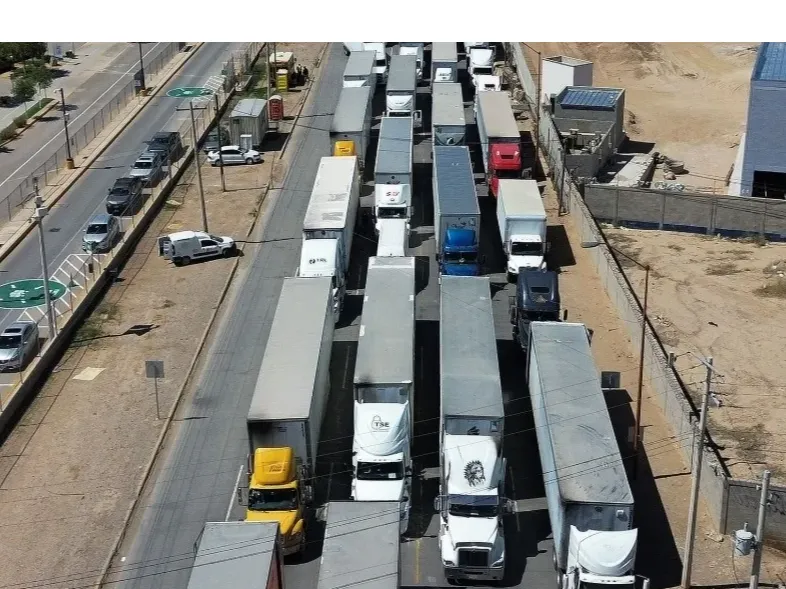
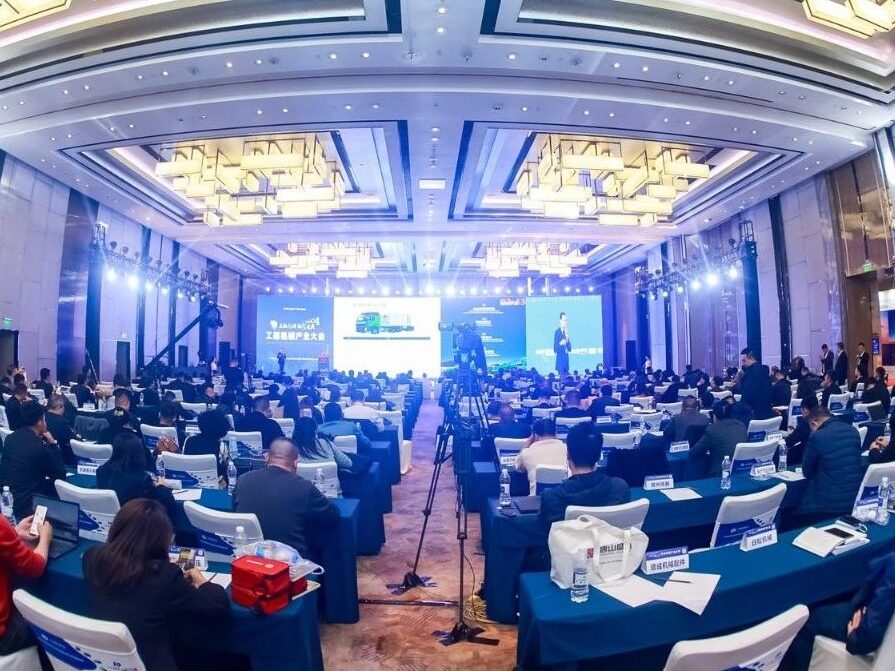
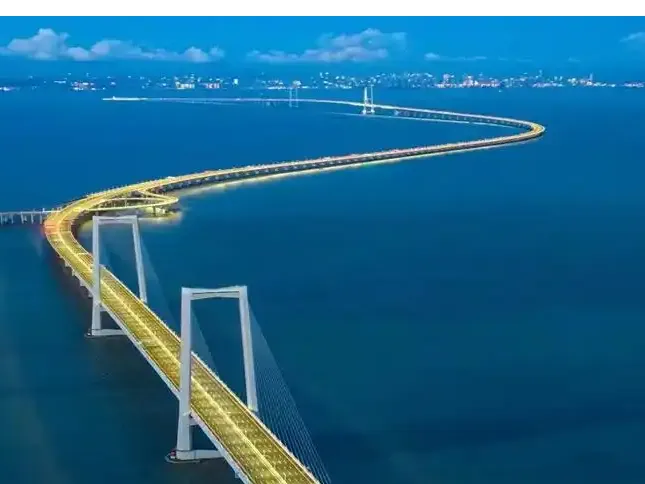
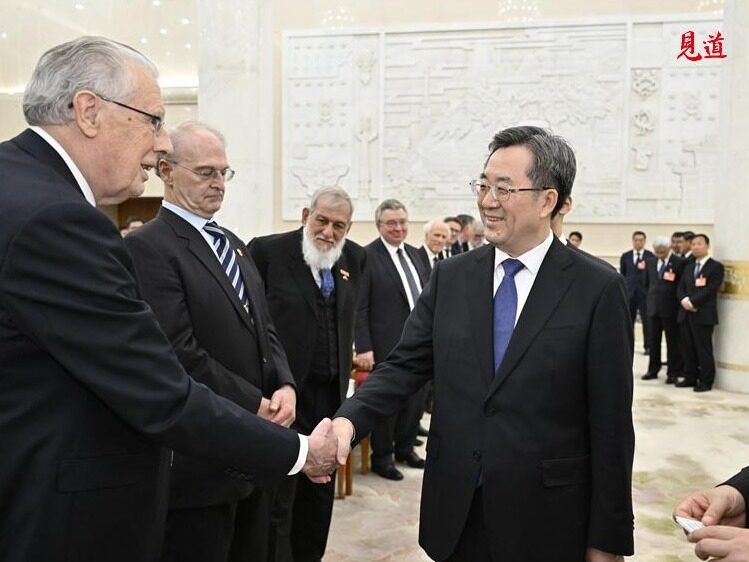
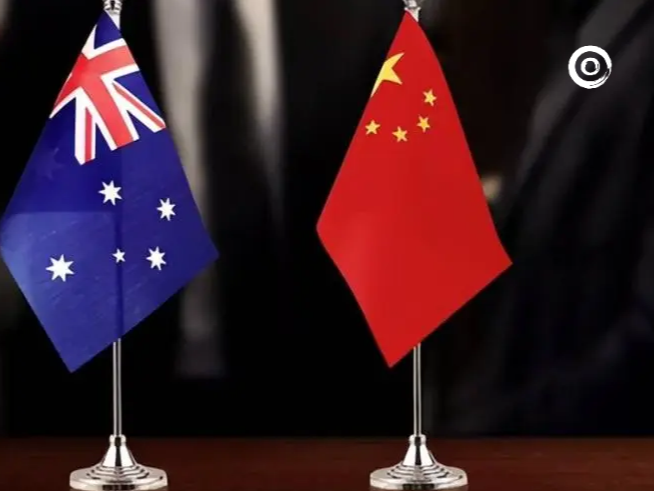







Write something~